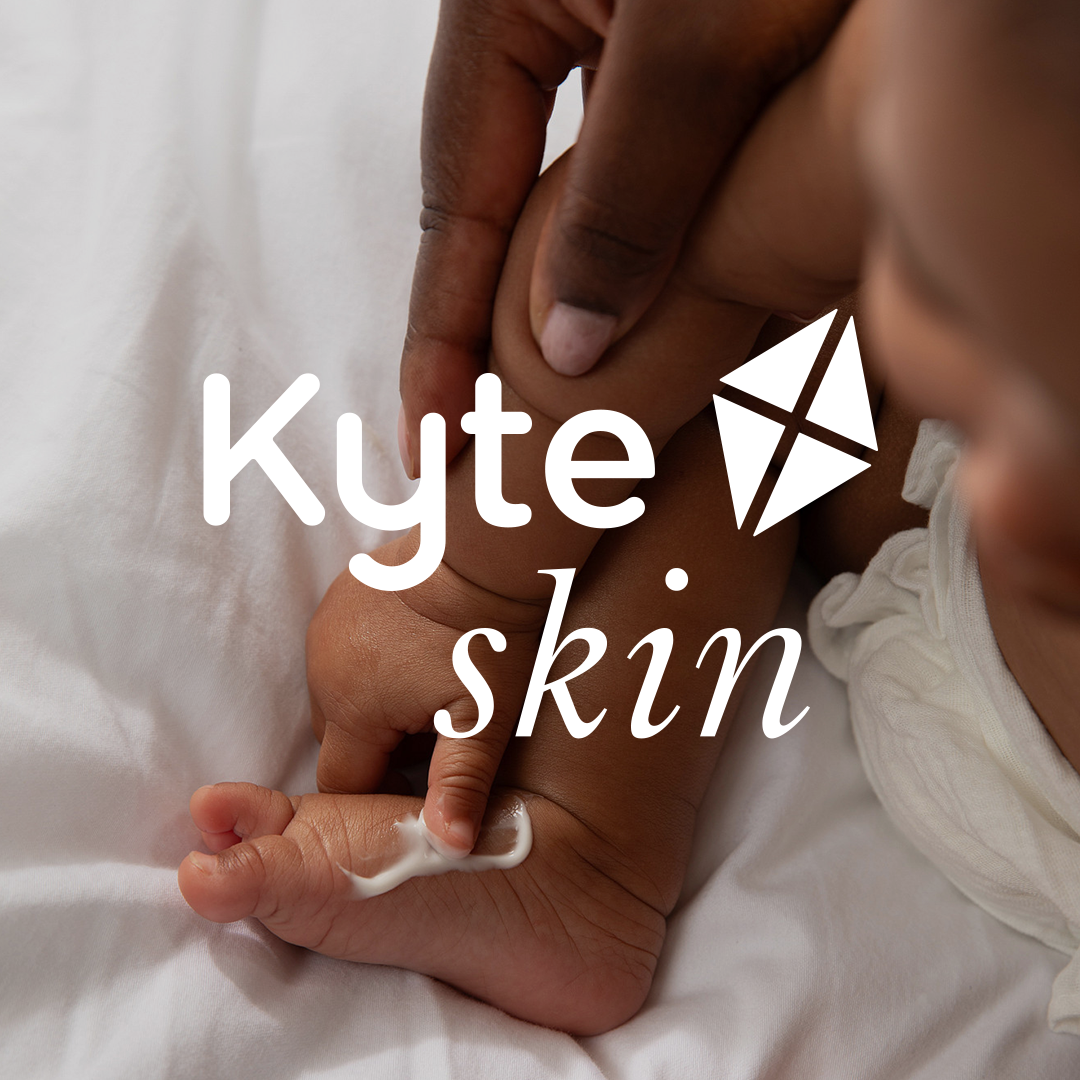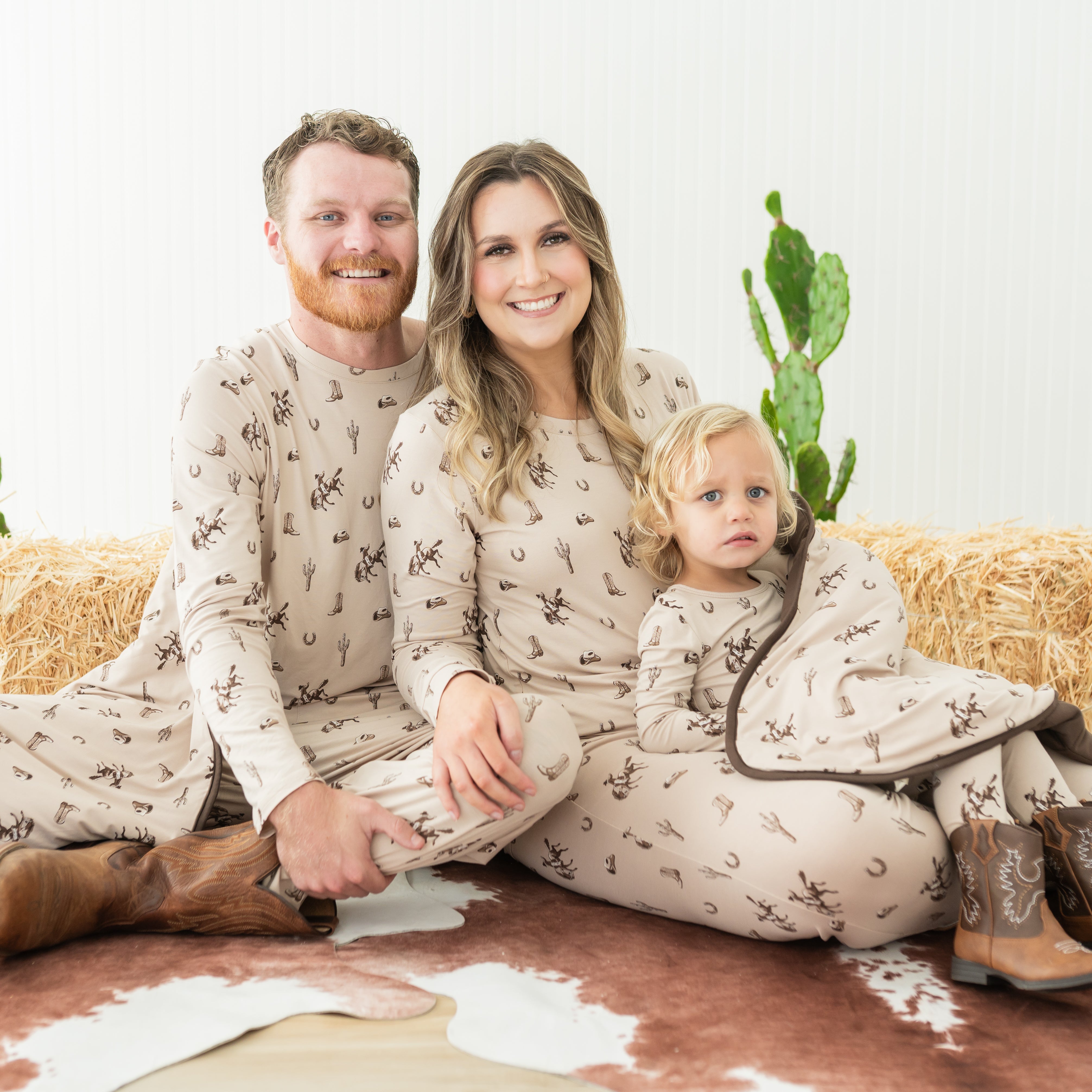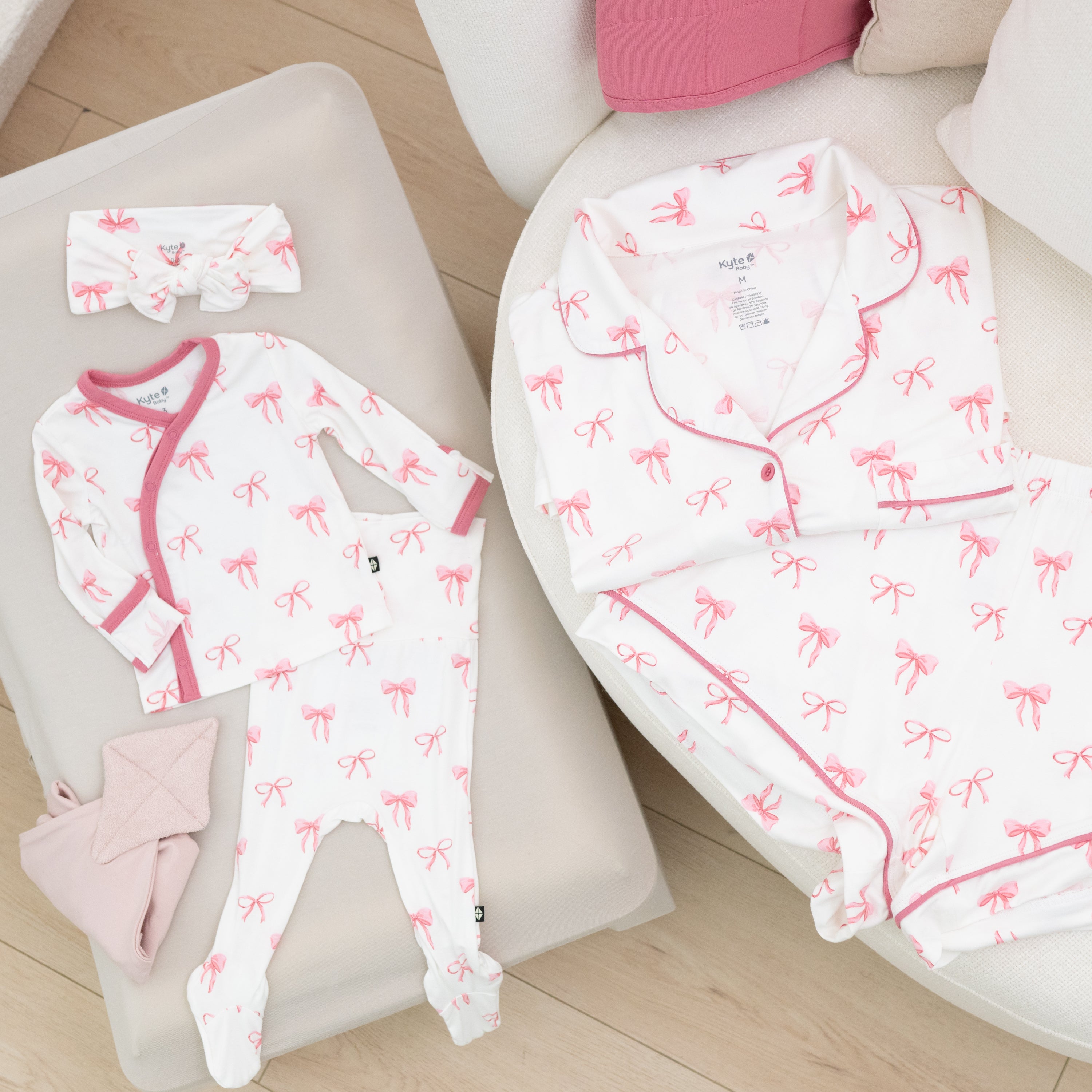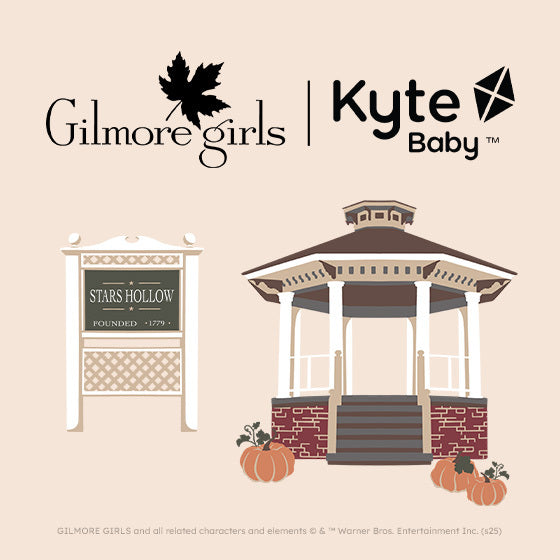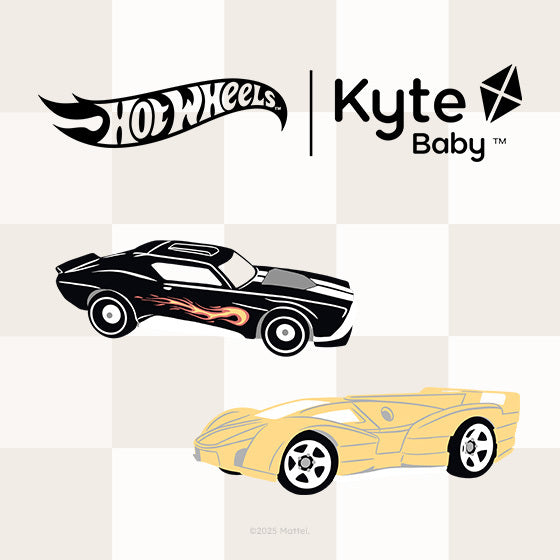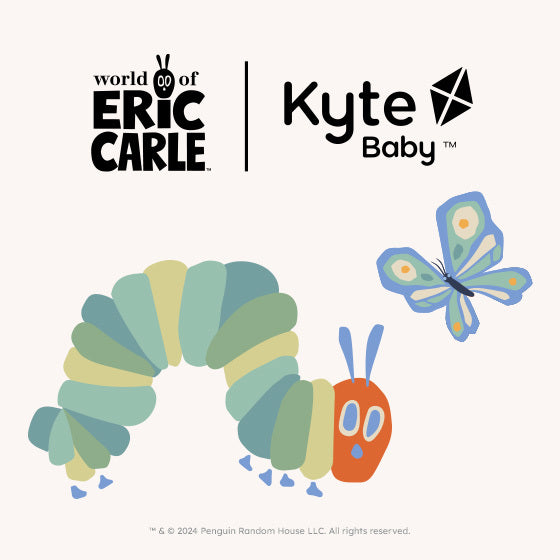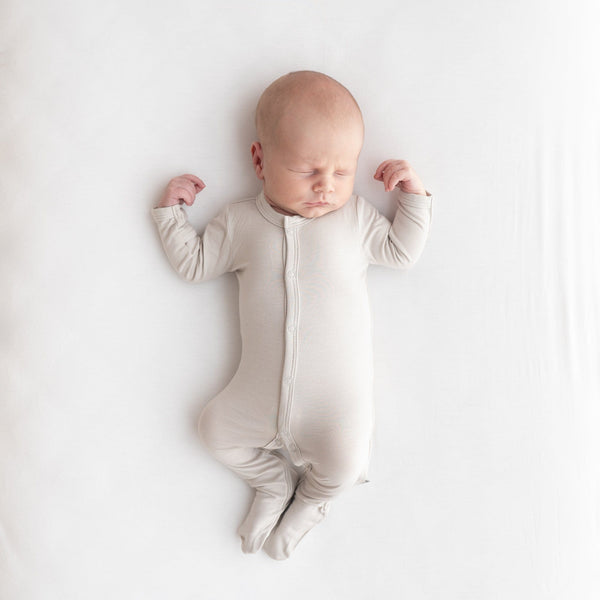It might seem like a given that parents bond with their newborns, but bonding isn’t always something that happens immediately. Although it’s perfectly common for mothers not to feel bonded with their baby in those initial days, and even weeks, it can feel even more jarring for dads. After all, while mothers get all those long months of pregnancy symptoms and feeling their baby’s constant movements, dads are, more or less, outsiders to the experience.
Why Do Dads Often Struggle to Bond with Their Baby?
There’s a lot of talking, planning, and excitement leading up to the day of your baby’s arrival, but contact with the baby is limited to occasionally feeling a kick against Mom’s belly. Oh, those kicks! They’re wonderful and thrilling, yet notoriously elusive. What father-to-be hasn’t rushed over to lay a hand on Mom’s baby bump during a kicking spree, only to feel absolutely nothing?
To add insult to injury, it seems as though your baby only resumes movement once they detect your hand is gone. It may even feel as though the entire pregnancy has been a period in which your wife and baby have taken all these months to privately get to know each other, while you’re left waiting to introduce yourself in person.
When the blessed day finally comes and you’re able to cradle your baby in your arms, you may still end up feeling left out. Your beautiful baby, who has been growing steadily in Mom’s womb, is naturally comforted best by her touch, scent, and voice, and makes their preference obvious.
Ways for Dads to Bond with Their Child
If you find yourself feeling excluded, you’re far from alone. Many dads have this exact experience. However, there are steps you can take to establish a strong bond with your baby. Here are our favorite tips for building that connection with your little one:
1. Plenty of Skin-to-Skin Time
Skin-to-skin contact is one of the many wonders of biology and nature. It’s a multisensory experience that allows your baby to regulate their temperature, stabilize their breathing, stop crying, and feel safe. Also known as kangaroo care, it has been proven to help premature babies thrive. And, while it greatly benefits your baby, it also benefits you. When you do skin-to-skin with your baby, it causes your brain to release hormones like oxytocin, prolactin, and endorphins, which spark strong feelings of love and an intense desire to protect. This helps strengthen your bond with your baby, as well as decrease your stress levels.
Postpartum depression is treated like a maternal problem, but it can actually affect new fathers too. Although PPD is more commonly associated with women, about 10% of fathers report becoming depressed before or just after their baby is born. There’s evidence that fathers experience real changes in their hormone levels after a baby is born, but the major lifestyle changes that a new baby brings can feel extremely jarring. Because skin-to-skin contact boosts all those feel-good hormones, evidence supports that it can help with postpartum depression. Soak up all those newborn cuddles and form the bond of a lifetime with your little one!
2. Babywearing Isn't Just for Mom
Just like skin-to-skin has many benefits for both parent and baby, babywearing is also an invaluable tool in creating that unbreakable bond. Babies naturally love to be close to their parents, and babywearing is an easy way to keep them calm while still having your arms free to get things done. After spending 9 months listening to Mom’s heartbeat from the womb, your baby feels most at home when held against your chest. In a wrap or ring sling, they can hear the steady beating of your heart, and they thrive from that close contact, which also leads to a more secure bond between you.
Babies who are carried develop a more secure attachment to their parents, and research has shown that secure attachment is a strong foundation for a child’s future wellbeing. Children who have secure attachments tend to be happier, healthier, and have better relationships with others as adults. Babywearing has tons of benefits, and by doing it in those crucial, formative days, you can build a strong bond with your little one that benefits them the rest of their life.
3. Help with Night Feedings
For some reason, the lion’s share of caring for a baby tends to be taken by moms. This is especially true at night, and even more so if the mom is breastfeeding. Those late nights, while intense and extremely trying at times, are also crucial for forming a strong bond with your baby.
Newborn babies cry a lot and they do a lot of that crying in the middle of the night, when you’re exhausted, burnt out, and not in any mood. It can be tempting to let Mom take care of it, and even if she’s quicker and more efficient at stopping the crying, take this opportunity to soothe your baby. Taking the extra time to cuddle, rock, and bounce your baby may feel stressful at the moment, but it’s worth it. Responding to your little one’s needs is how you strengthen that bond!
If your little one takes a bottle, take the night shifts and let Mom get some much-needed rest. You might be surprised that the sweetest moments happen when the world is asleep and it’s just you and your little baby. If Mom is nursing through the night, be the one to get up and scoop up your baby from the crib. Even if you hand her off to Mom after, you can still enjoy that cuddle right before!
4. Be Involved in Newborn Care
Changing diapers might seem like more of a chore than a bonding session, but it’s actually a great opportunity to connect with your baby. When you change your baby’s diaper, there’s extended time for eye contact and physical touch. Bonding and attachment occur when you consistently respond to your baby’s needs with love, warmth, and care.
This attachment lays the foundation for them to feel safe and secure, and has positive lifelong effects. Also, the simple act of changing a diaper or giving your baby a bottle provides uninterrupted one-on-one time when you can study each other’s faces for an oxytocin boost. Although their face will change as they grow, you may notice the little ways they resemble you in the shape of their eyes, the way their earlobes curl out, or the way they crinkle their nose when they smile.
Try wearing matching outfits to make the resemblance even stronger! It might seem a little silly, but psychology tells us that we are drawn to people we share similarities with!
Remember, bonding is not always immediate. If you didn’t feel an immediate bond with your newborn, don’t feel discouraged. Often, that bond develops over time, and it’s the little moments that foster it. Simply holding your baby when they cry and caring for their basic needs will get you there. In the early days of parenthood, you and your baby are still getting to know each other. So, give yourself grace and find joy in those quiet, little moments that make fatherhood so beautiful.

